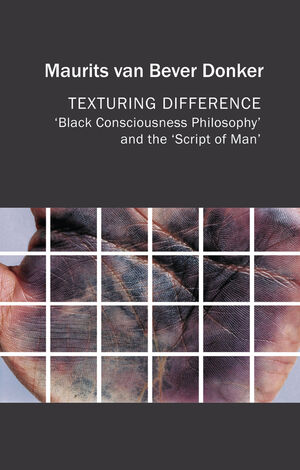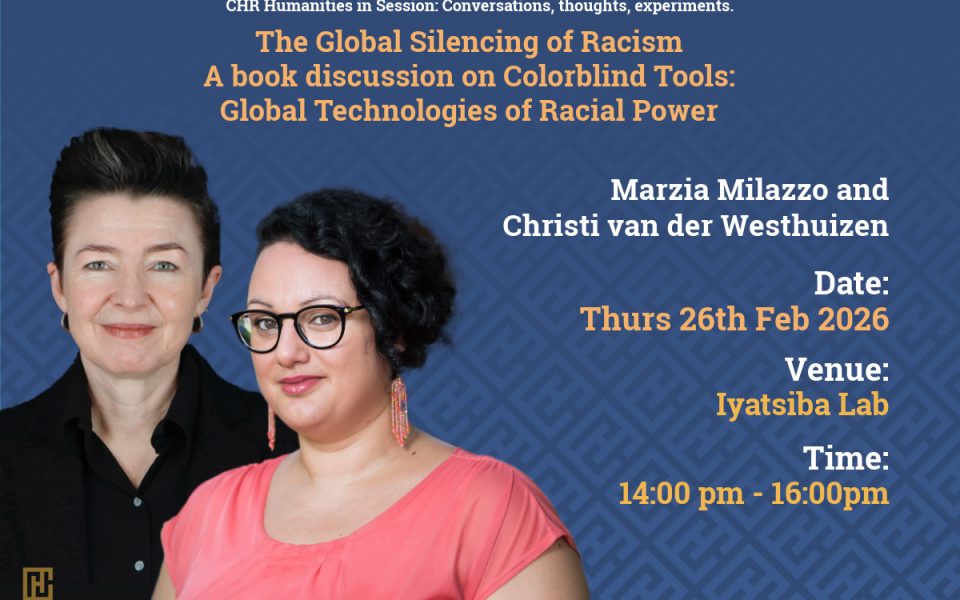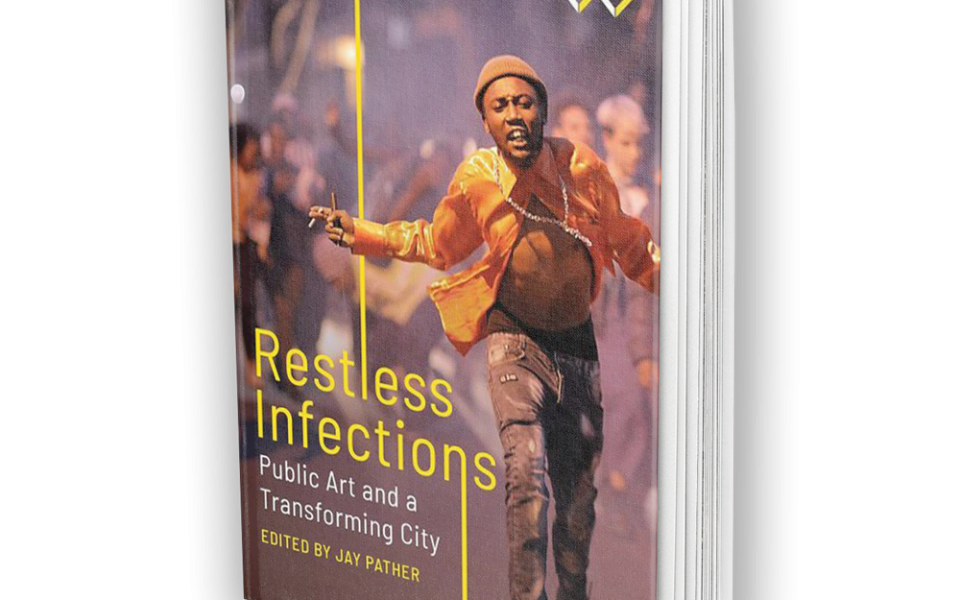Texturing Difference: “Black Consciousness Philosophy”and the “Script of Man”, by Maurits van Bever Donker.

Cover illustration: Berni Searle, ‘Lifeline’
Texturing Difference: “Black Consciousness Philosophy”and the “Script of Man”, by Maurits van Bever Donker.
Maurits van Bever Donker’s Texturing Difference “Black Consciousness Philosophy”and the “Script of Man”, was published with Polity Press in December 2024.
This book situates the nuanced intervention of the Black Consciousness Movement in South Africa within the international conjuncture of anti-colonial thought and decolonization. It argues that the Black Consciousness Movement, in addition to its urgent political focus, should also be read as a philosophical intervention on the problem of Man that haunts the idea of race. As Steve Biko once famously said, apartheid will end; the real question is what comes after apartheid.
Maurits van Bever Donker argues that the Black Consciousness Movement found intellectual and conceptual allies in the writings of Frantz Fanon and Aimé Césaire, tracing the problem of race as foundational to what is called ‘the script of Man’ and, in the process, inventing the possibility of a new sense of Man, one with ‘a more human face’. While the work of figures like Biko, Fanon and Césaire tends to be read as discrete political texts in a broader field of negritude and radical black thought, Texturing Difference explores what becomes possible when this network of texts is read from the perspective of South Africa. This intervention has significance, not only for how race is approached and understood in South Africa, but for the global workings of race in our time.
Reviews:
“This book addresses the afterlife of the category of race on black consciousness in South Africa. Following Biko’s movement from 1968, van Bever Donker understands black consciousness as a philosophy, and he understands philosophy as an orientation in reading practice and one of world-making through writing. He identifies forms of black consciousness in the tenacious but nonetheless attenuated reading of blackness offered by theorists of black consciousness from around the world, like Aimé Césaire, Frantz Fanon, Sylvia Wynter, and Robert Sobukwe. In turn, he employs that inclination developed in black consciousness to read these figures showing, in the course of this reading practice made praxis, how categories of race come into existence, are sustained and then naturalized, forming a script. The script is much larger than “the meaning of blackness.” It permeates everything—because it is in the script of man, indigeneity, community, tactility, all classic terms for conceptualizing man as affective actor in collaboration with others. For van Bever Donker, it is only in that praxis of black consciousness as a reading and writing practice that a concept of freedom might emerge that finds what is remaindered of race in our classical language of freedom. The claim of desire through the singularity of stance is evoked in the right to write and speak tangentially to the confining and tainted script, and thus to give a glimpse into a different form of freedom and world-making, one textured through an oblique form of touch, desire, and affect, through that which we may understand as the literary.” – Ranjana Khanna, Duke University




